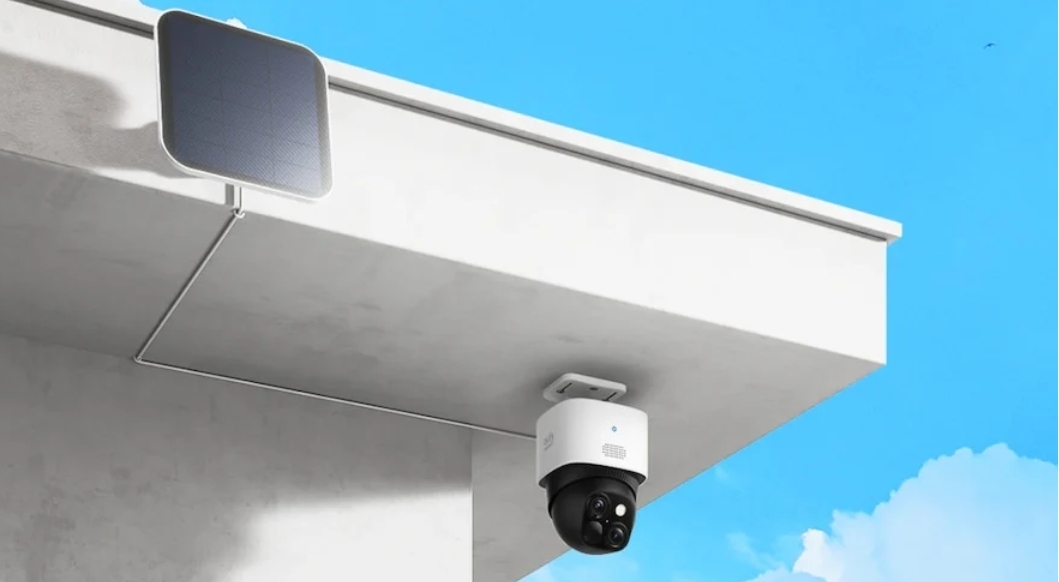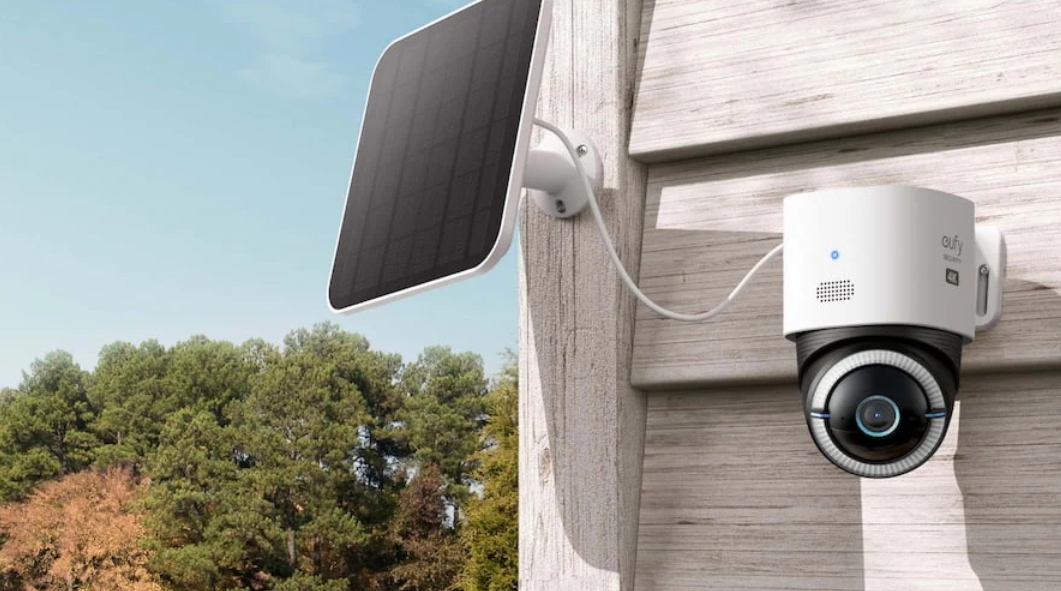Wireless vs. Wired Security Cameras: How to Choose?
Choosing between wireless and wired security cameras can be overwhelming with the abundant options available today. Each system comes with its own set of benefits and considerations, making the decision largely dependent on individual needs and circumstances. The wireless security cameras systems offer flexibility and simpler installation, while wired cameras provide enhanced reliability. This comprehensive guide will explore key factors to consider, such as installation, video quality, power supply, cost, and use cases. By understanding these core aspects, you can make an informed choice that best suits your security needs, whether for a suburban home, city apartment, or isolated site.

Key Comparison Factors
When deciding between wired and wireless security cameras, focus on installation, video quality, power supply, and cost. Each factor significantly impacts the performance and suitability of a security system for particular environments and needs.
Installation & Flexibility
Wireless security cameras excel in ease of installation. Without the need for extensive wiring, they can be set up in a matter of minutes, allowing users to place them freely in various locations. This flexibility means cameras can be repositioned as needed, making them ideal for those who anticipate changing setups or rental properties. Conversely, wired cameras require a more complicated installation process. They demand running cables through walls and ceilings, which can be costly and time-consuming. However, once installed, wired cameras tend to be more stable with fewer disruptions. If professional installation isn’t an issue, wired systems provide a long-term robust solution.
Video Quality & Reliability
Both wired and wireless security cameras can capture high-definition video. However, wired systems often maintain higher consistency by not depending on a wireless network, reducing the chance of signal interference. This aspect is crucial in areas with weak Wi-Fi or crowded signals. Wireless cameras, while still capable of clear video, may experience reduced quality in congested environments. It’s essential to note that advances in wireless technology have addressed many of these concerns, offering improved reliability. Those prioritizing uninterrupted footage in critical areas might weigh the benefits of a wired system more heavily.
Power Supply & Maintenance
Powering your cameras is an important logistical consideration. Wired security cameras typically use a continual power source, reducing maintenance related to battery life. This constant power can lead to more reliable operation over time. In contrast, wireless cameras often rely on batteries, requiring regular checks and recharges. Some newer models offer solar-powered options, extending battery life significantly and reducing manual intervention. Users should consider their tolerance for this level of engagement and access to major power outlets. Those seeking minimal upkeep may lean toward the convenience of wired setups, while others might appreciate the freedom provided by wireless camera advancements.

Cost & Scalability
Initial costs and scalability play crucial roles for many users. Wireless systems usually require a lower upfront investment due to the absence of complex wiring, appealing to budget-conscious users. They also offer greater scalability because new units can be easily added without additional infrastructure. Wired systems might incur higher initial costs but offer long-term stability and robustness. For those planning to expand their security network significantly, it’s worth considering how easily and affordably additional cameras can be integrated without compromising quality or performance. Cost evaluations should factor both immediate expenses and potential future outlays.
Real-World Use Cases & Scenarios
Understanding how different camera systems function in actual settings provides valuable insight.
Permanent & High-Security Installations
Wired security cameras are ideal for permanent and high-security establishments like banks, government facilities, and large corporations. These environments demand consistent power and reliability, best provided by wired systems. Professional installation ensures comprehensive coverage without signal complications, critical in reducing operational risks. Wired cameras can utilize advanced features such as extensive data storage and high-resolution video analysis tools. They offer peace of mind where security cannot be compromised. The durability of wired installations fits locations where modifications are rare, guaranteeing a solid security framework for years to come.
Renters, Remote Locations & Temporary Sites
Wireless cameras benefit users with temporary or changing security needs. Renters often appreciate the non-invasive nature of wireless setups, avoiding any property damage. They’re also the go-to solution for remote locations lacking infrastructure. Sites like construction zones, which change rapidly, benefit from the quick deployment of wireless cameras, maintaining essential surveillance. Battery and solar-powered options enhance their adaptability in areas with inaccessible power sources. Wireless systems prove extremely useful in these contexts by providing reliable security without permanent alterations.
Integrating Wired and Wireless – Hybrid Approach
A hybrid camera system combines the strengths of both wired and wireless setups. By doing this, users gain flexibility and reliable coverage, tailoring the system to specific needs without compromise. One can position wireless cameras in areas requiring versatile placement, such as entrances or temporary structures, and use wired cameras for spaces demanding constant, high-security monitoring. This blend allows home and business owners to manage costs effectively while maintaining high security. An integrated approach adapts to evolving security demands while offering a reliable foundation.
Tips for Choosing the Right System
Start by assessing your environment and specific security needs. Consider ease of installation versus long-term reliability. Examine your budget, keeping both initial and future costs in mind. Test your current network capability to see if it can support wireless systems without compromising quality. Think about whether you require mobility with your cameras or prefer stability in fixed locations. Consider consulting with professionals if you’re installing a comprehensive security system or are still unsure about your choice. Weighing these elements helps ensure you choose a system that offers peace of mind and fits seamlessly within your lifestyle.
Conclusion
Choosing between wireless and wired security cameras involves careful consideration of several factors, from installation to cost. Both systems have merit, depending on individual requirements and surroundings. Reviewing your priorities will guide you toward a system that ensures optimal security. Whether you pick the flexibility of a wireless setup or the reliability of a wired system, ensuring your property and loved ones are protected effectively remains the ultimate goal. Making an informed decision today lays the groundwork for a secure tomorrow.
